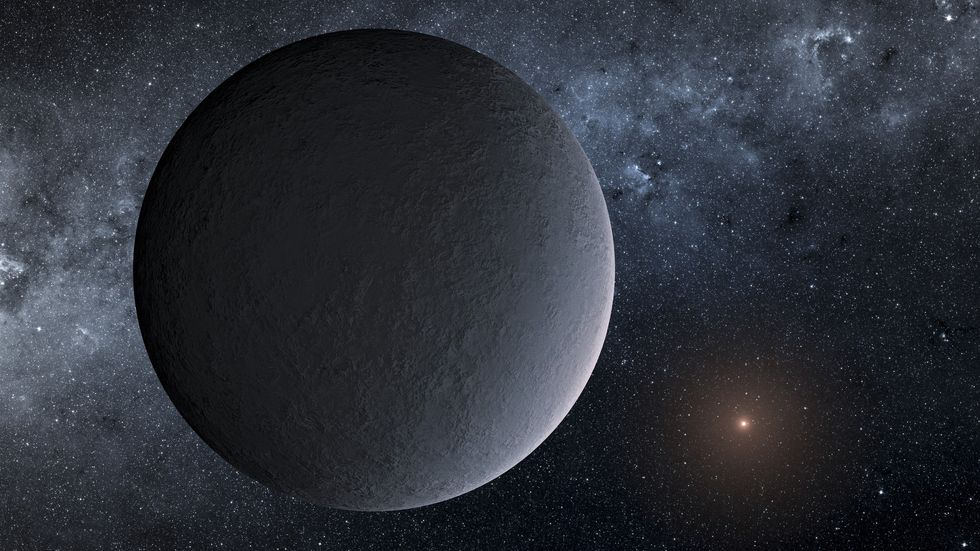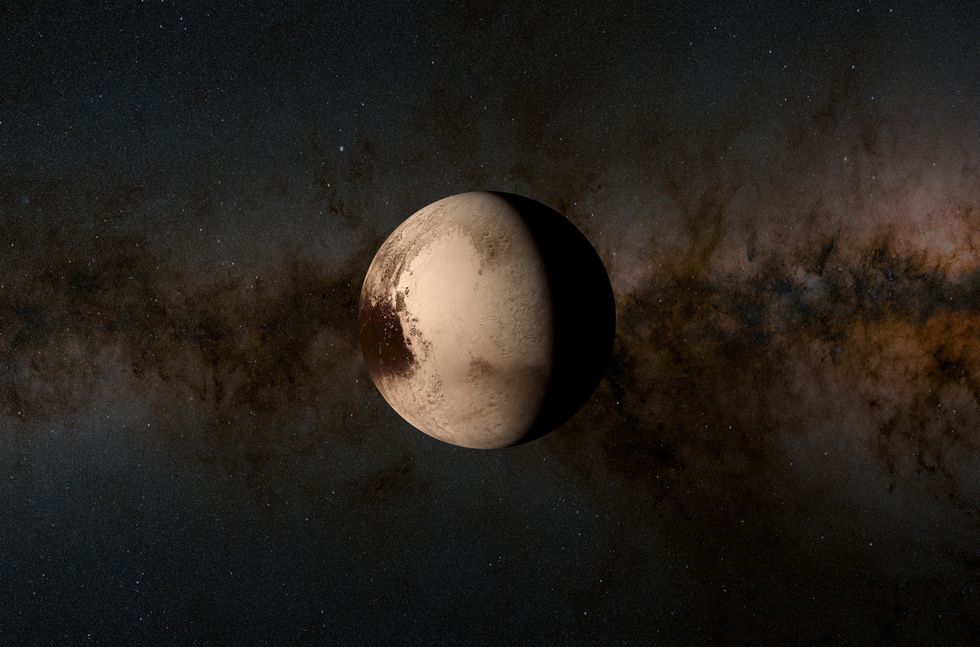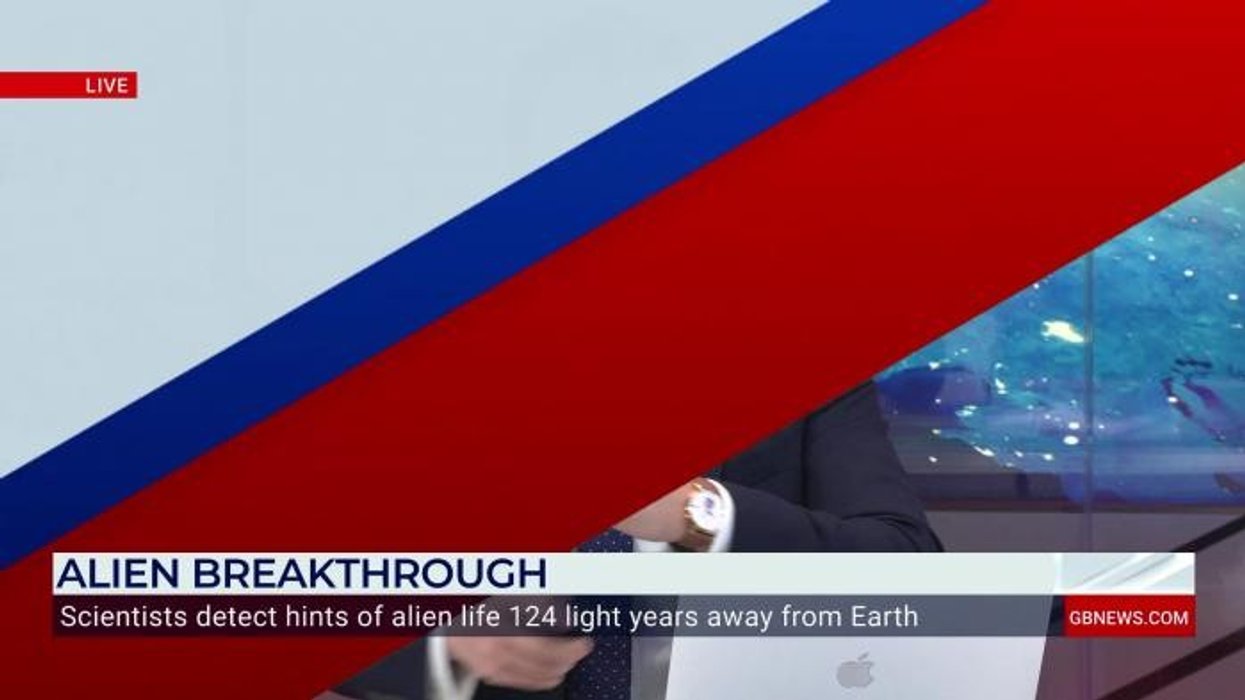Scientists claim to have discovered '9th planet' in our Solar System...but not everyone is convinced
Researchers identified 13 pairs of dots that could be explained by a moving planet resembling Planet Nine
Don't Miss
Most Read
Astronomers claim to have discovered a new ninth planet in our solar system, according to research led by Terry Long Phan from Taiwan's National Tsing Hua University, and it's not Pluto.
The findings, accepted for publication in the Publications of the Astronomical Society of Australia, identify infrared dots that could indicate a planet beyond Neptune.
"I felt very excited," Phan told Science this week. "It's motivated us a lot."
The discovery comes nearly a decade after questions about a mysterious ninth planet first emerged following Pluto's demotion in 2006.

The researchers identified 13 pairs of dots that could be explained by a moving planet resembling Planet Nine (Stock Image)
|GETTY
Phan's team used surveys from two infrared space telescopes launched in 1983 and 2006 to conduct their research.
They theorised that a potential planet's long orbit would make it visible moving across the sky.
The researchers identified 13 pairs of dots that could be explained by a moving planet resembling Planet Nine.
One set of dots particularly stood out, having matching colours and brightness.
MORE LIKE THIS:
- Soviet spaceship which took off for Venus over FIFTY YEARS ago to FINALLY crash back to Earth and could hit Britain
- Out-of-control Soviet satellite to crash land on Earth in DAYS as scientist warns it could 'hit like a meteorite'
- Nasa makes mysterious 'portal' discovery on Mars in major breakthrough to finding new world of alien life
However, the announcement has been met with scepticism from some experts.
Mike Brown, an astronomer at Caltech who helped develop the original Planet Nine hypothesis in 2016, isn't convinced.
He told Science that his calculations suggest a different orbit than what Phan's team found.
"This difference doesn't mean it's not there, but it means it's not Planet Nine," Brown explained.

Pluto was demoted in 2006
|GETTY
He noted that if the researchers are correct, their planet would disprove his original hypothesis.
"It's kind of fun that a paper that purports to find a candidate for Planet Nine is really finding something that would basically say that we were wrong the entire time."
Despite the scepticism, the search for a ninth planet continues.
The original Planet Nine hypothesis was based on strange orbits of objects in the Kuiper Belt, a region of icy debris beyond Neptune.
Astronomers will soon have better tools to investigate these claims.
The Nancy Grace Roman Space Telescope and the Vera C. Rubin Observatory in Chile will provide clearer observations.
"It is pretty amazing to think that something as big as Neptune could be sitting out there and no one would have ever noticed it," said Gary Bernstein, an astronomer at the University of Pennsylvania.











